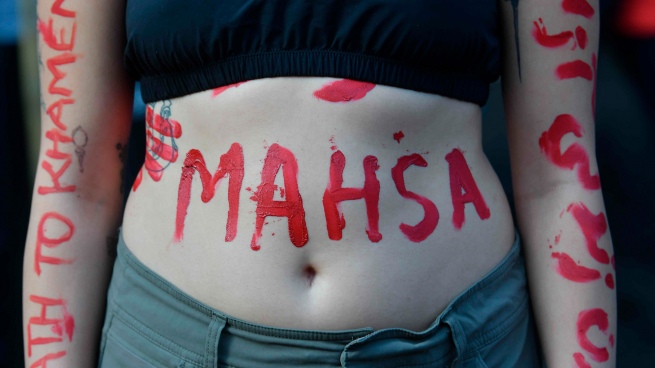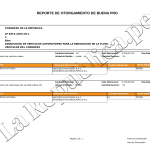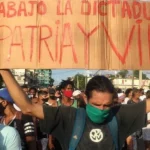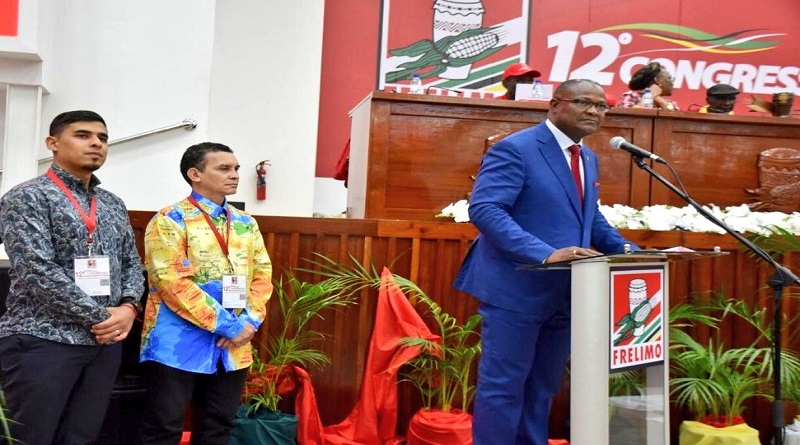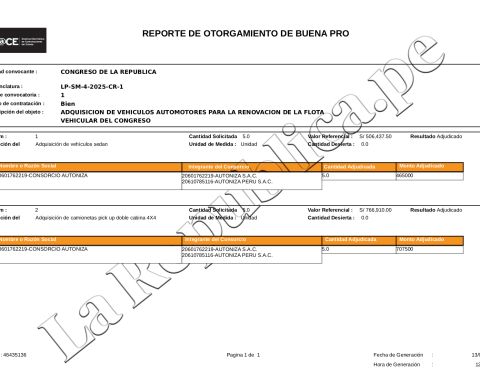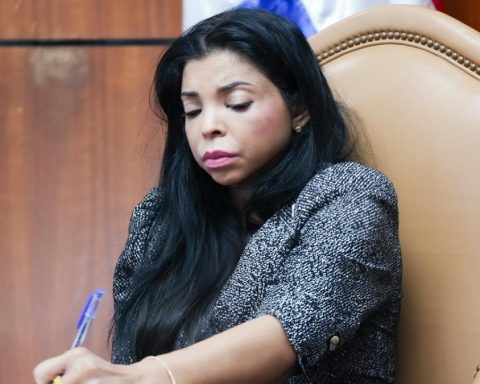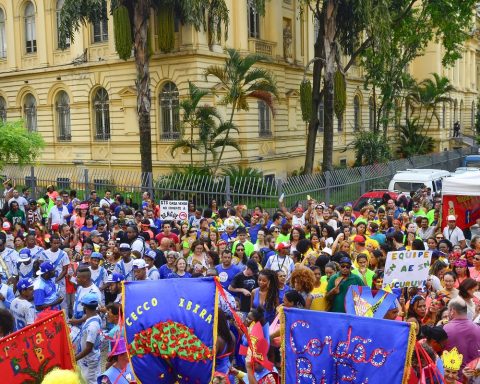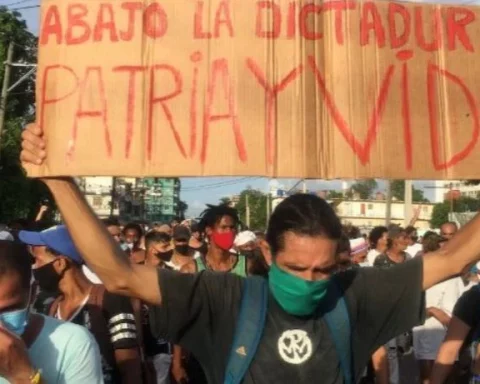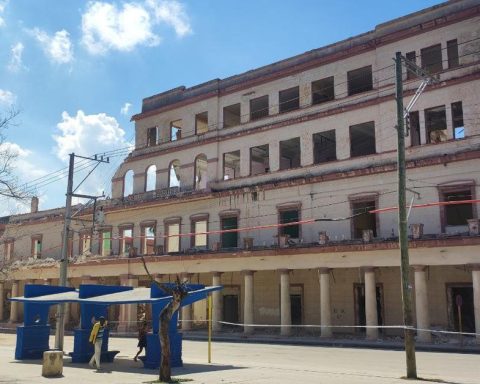Feminist and human rights organizations marched this Tuesday afternoon to the Iranian embassy in repudiation of the deaths that occurred in the mobilizations in the Asian country after the death of Mahsa Amini, after having been arrested by the morality police.
The meeting took place in the building located in the Figueroa Alcorta Avenue 3229in the Buenos Aires neighborhood of Palermo, under the slogan “Justice for Mahsa Amini” and requested the “end of the patriarchal regime of Iran” and estimated that “women are tired of an Islamic state that offers only terror.”

Groups such as Las Rojas, International Amnesty“Workers’ Party”, “Workers’ Democracy”, and International Workers’ Unity.
The demonstrators carried signs that read: “Down with the Iranian regime”, “Enough of death by the Moral Police” and “Justice for Mahsa Amini”.
? We demonstrate for the women of Iran!
‼️ So far, 30 people claiming Mahsa Amini’s murder have been killed by Iranian security forces. ⚫️
✊ Join us tomorrow at the Embassy of Iran ?? to demand #JusticeForMahsaAmini ? pic.twitter.com/vAJquIhNKa
– Amnesty International Argentina (@amnistiaar) September 26, 2022
Dilda Roj, member of the Kurdistan Women’s Movementtold Télam that “It is not the first time that a woman has died in Iran due to the patriarchal mentality. This murder is not individual, but a political and psychological attack on women.”
In this sense, he indicated “The Islamic state with this attack intends to frighten women, but that did not happen, because thousands of women took to the streets to fight.”
In turn, Roj stressed that “the government of Iran with this regime intends to hide women and their bodies with the implementation of Sharia law, which rejects their bodies.”

“It is necessary to end the morality police that is so harmful to the women of Iran”I conclude.
Claudia Korol, member of the popular education team Pañuelos en Rebeldíaemphasized the role of Kurdish women in the women’s movement in Iran and said that “religious fundamentalism in Iran is the cause of thousands of deaths of women.”
“The women of Iran live in a regime of oppression and on top of that it is an extremely impoverished country,” Korol stressed.
In relation to the mobilizations that have been carried out around the world, she highlighted “this is not going to end here and I hope that women from all over the world mobilize so that the patriarchy can end, not only in Iran but throughout the world.”

For its part, Ana Correa, writerestimated that “it is necessary to make visible the struggle of women in Iran, who are losing their lives. These women are not only fighting for their lives but also for their freedom.”
The mobilizations in the Asian country began after the death of Mahsa Amini, after being arrested by the moral police for wearing the Islamic veil with which women must cover their heads and chests.
Tehran police explained in a statement that Amini had been detained along with other women to receive “explanations and instructions” about the dress code.

Some witnesses assured that the young woman had been beaten during her arrest, but the police assured that “there was no physical contact” between the agents and the woman.
After Amini’s death, different demonstrations took place in the country where 35 women officially died, although according to the NGO Iran Human Rights (IIHR), the death toll would rise to 76.
In order to contain the protests, the country’s authorities have blocked Instagram and WhatsApp, while internet access is largely filtered or restricted by the authorities.
In the central act, the central document was read by Dilda Roj, who repudiated Amini’s crime, criticized the Iranian government and requested an end to the deaths of women caused by the Moral Police.


